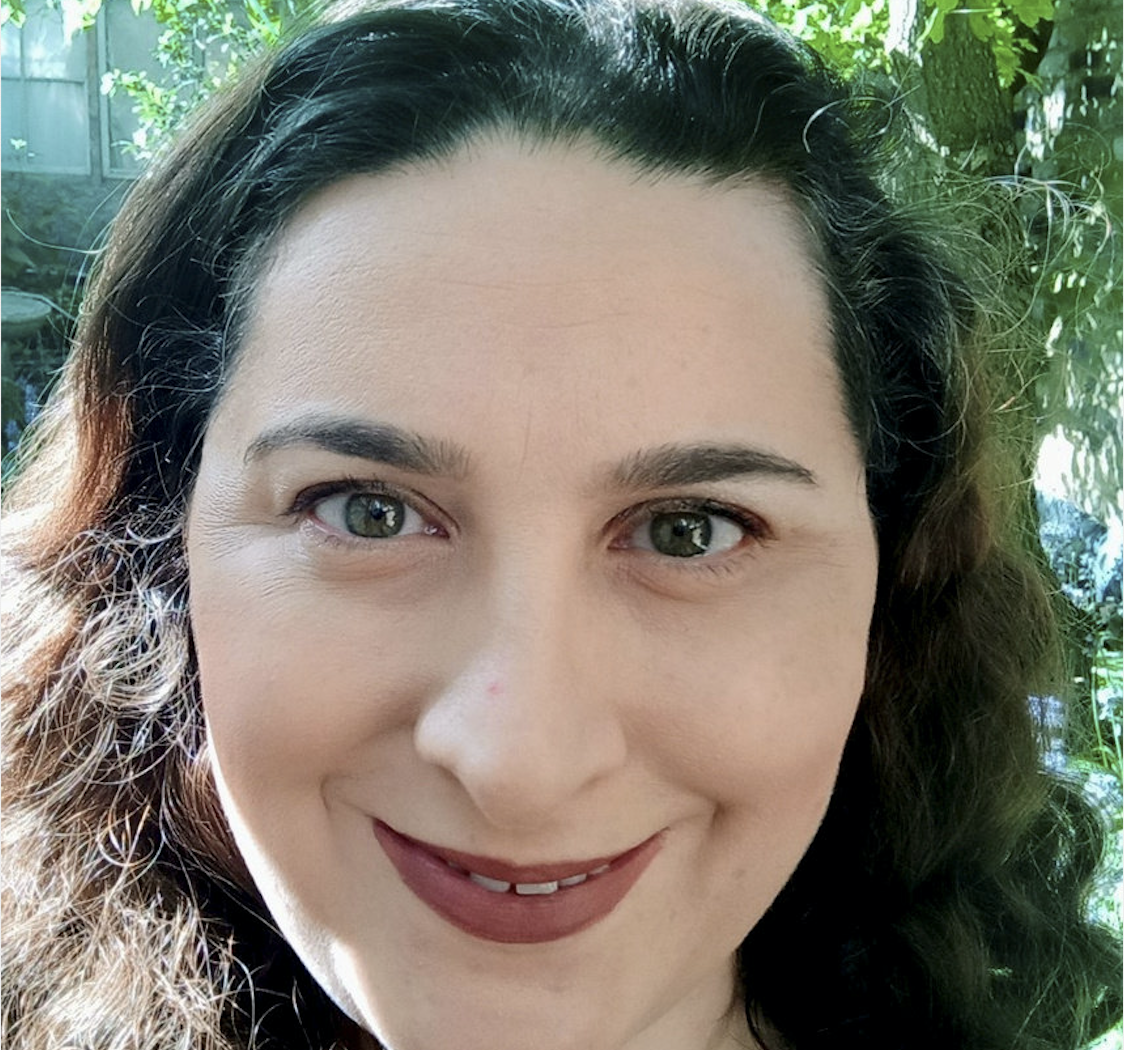Long COVID patient still unable to work – over a year after catching coronavirus

A long COVID patient has revealed she is still unable to work more than a year after catching the coronavirus.
Amy Mullineux, 44, lost her taste and smell after flying home from her native Australia to London in January 2020, before mass coronavirus testing was available.
Two months later, Mullineux endured migraines, dizziness and persistent fatigue that left her too exhausted to walk to the end of her road.
Sixteen months after developing the coronavirus' tell-tale muted senses, Mullineux has somewhat improved, but is still unable to work at her job packing boxes for web orders.
Read more: Long COVID patient is 'recovered' after prioritising rest
Not everyone who overcomes the coronavirus returns to a clean bill of health.
In the UK alone, tens of thousands of former coronavirus carriers are thought to be enduring complications like brain fog, palpitations and even organ damage after testing negative for the infection.
Official advice recommends long COVID patients join online support forums and set realistic goals towards their recovery.

"I lost my sense of taste and smell after flying back from Australia in January 2020," said Mullineux.
"In March I had some of the worst illness I've ever experienced, with migraines, dizziness [and an] upset stomach, followed by ongoing exhaustion.
"While for many, that would be the end of COVID [the disease caused by the coronavirus], I'm still living with it now.
Read more: Personal trainer has health anxiety after enduring long COVID for a year
"I worked in a factory and had to leave the job as I got swelling in my legs and felt physically drained.
"I've had ear issues, rashes and a couple of difficult relapses. People genuinely don't realise how severe and long-lasting COVID-19 can be."
Although not recommended in official guidance, Mullineux found adapting her diet boosted her recovery.
"The virus has damaged me, but by working with professionals and researching available materials, I've found certain foods, supplements and diets have been vital in relieving symptoms – for example vitamin D, vitamin B and probiotics," she said.
"For anyone suffering with long COVID, I'd say be kind to yourself, take it one day at a time, listen to your body and celebrate the little moments of breakthrough."
Mullineux is a fan of the free talks delivered by the University of Plymouth, and supported by the British Dietetic Association, on how a person's diet could influence their long COVID recovery.
Read more: Long COVID patient 'has good and bad days'
"Eating the right diet is crucial to keep well physically and mentally and a key part of recovery from COVID-19 is to make sure your diet is healthy," said Mary Hickson, a professor in dietetics at the University of Plymouth.
"This series of talks aims to answer questions on what to eat and why.
"We also look at how to check and manage your diet and health, which is vitally important.
"COVID-19 has changed everyone's lives, so the more we can do to educate and get this information out there, the better."
Watch: What is long COVID?



